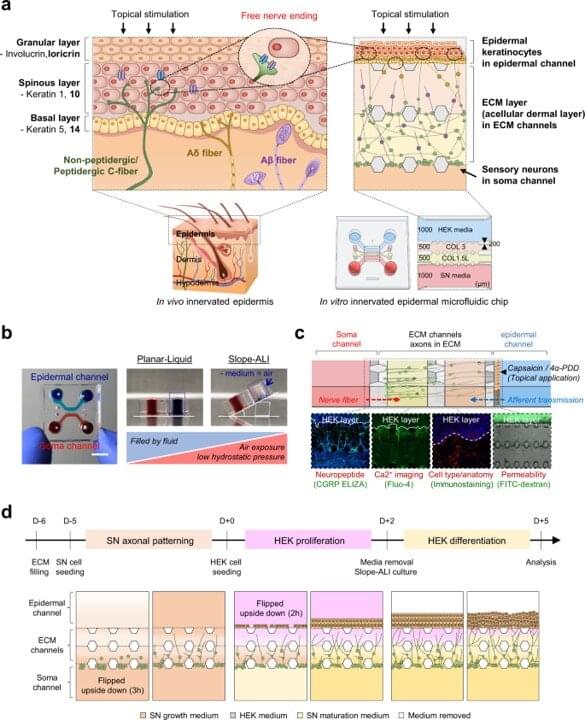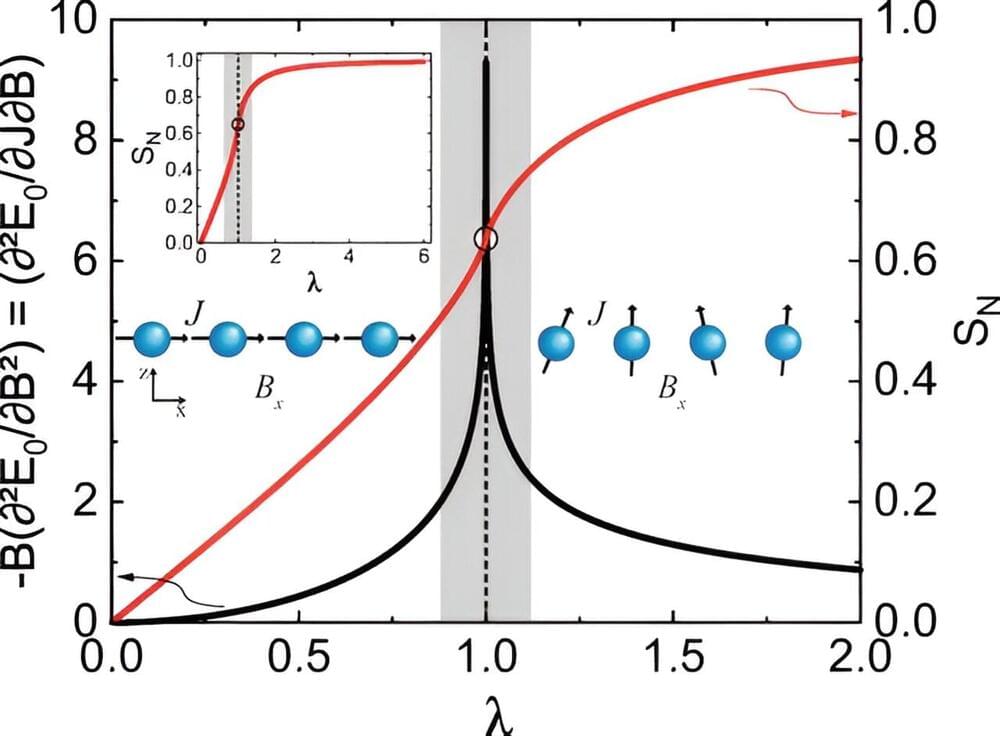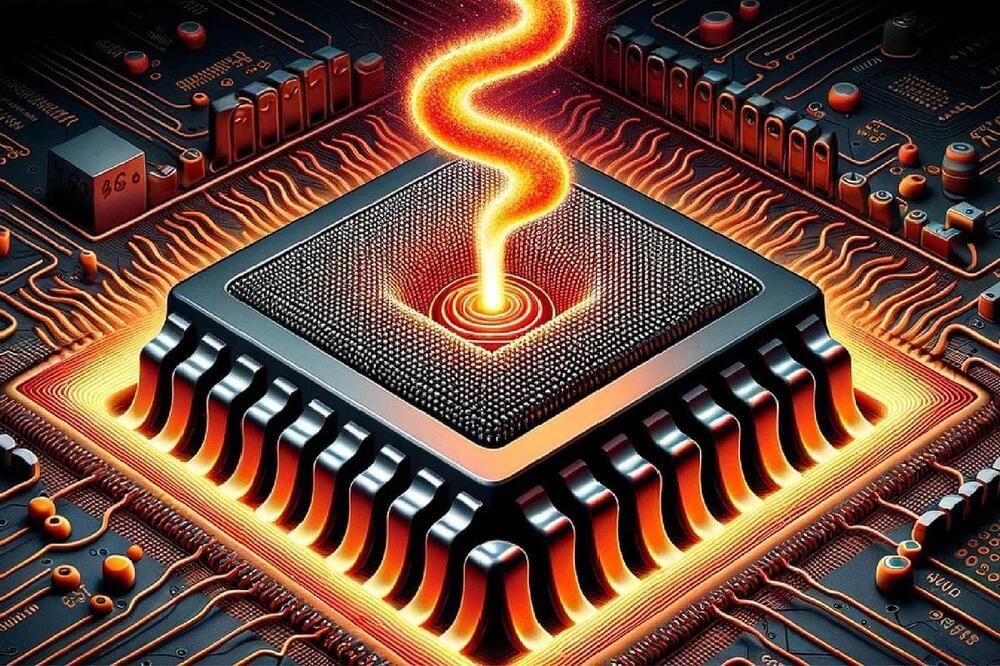In this introduction to quantum consciousness, Justin Riddle presents six arguments that quantum consciousness is an important theory of mind.\
\
To summarize them briefly, People always identify as their latest technology and so most people believe that they are a digital computer. Time to update those models of self, because… Quantum computers are here. We wouldn’t want the brick of metal in our pocket to have greater computational power than our brain. People say the brain is too warm, wet, and noisy for quantum effects; yet, evidence keeps emerging for quantum effects in biology (such as photosynthesis). Where do we draw the line? Evolution might be selecting for quantum systems that can maintain quantum coherence. The debate around the role of quantum mechanics in consciousness has been raging for 100 years. Many key historical figures like Bohr, Schrodinger, Heisenberg, von Neumann entertained the idea that quantum mechanics might relate to our mind. Physical theories that are purely deterministic have failed to account for key aspects of subjective experience. There may be novel answers from a perspective that incorporate new physics.\
\
0:00 Introduction\
1:26 1. People identify as their latest technology\
4:07 2. Quantum computers are here\
7:30 3. Biology utilizes quantum properties\
12:00 4. Evolution selects for quantum systems\
14:10 5. Historical precedent for quantum consciousness\
16:30 6. Failure of physical theories to explain\
a. Sense of self\
b. Freewill\
c. Meaning\
21:07 Outro\
\
#quantum\
#consciousness\
#philosophy\
\
Website: www.justinriddlepodcast.com\
Email: [email protected]\
Twitter: @JRiddlePodcast\
\
Music licensed from and created by Baylor Odabashian. BandCamp: @UnscrewablePooch\
Painting behind me by Paul Seli. IG: @paul.seli.art\
\
Relevant external link:\
\
Category: computing – Page 345

10x Stronger Than Kevlar: Amorphous Silicon Carbide Could Revolutionize Material Science
A material that doesn’t just rival the strength of diamonds and graphene, but boasts a yield strength 10 times greater than Kevlar, renowned for its use in bulletproof vests.
Researchers at Delft University of Technology, led by assistant professor Richard Norte, have unveiled a remarkable new material with the potential to impact the world of material science: amorphous silicon carbide (a-SiC).
Beyond its exceptional strength, this material demonstrates mechanical properties crucial for vibration isolation on a microchip. Amorphous silicon carbide is therefore particularly suitable for making ultra-sensitive microchip sensors.

Skin-on-a-chip: Modeling an innervated epidermal-like layer on a microfluidic chip
Year 2023 face_with_colon_three
Bioengineers and tissue engineers intend to reconstruct skin equivalents with physiologically relevant cellular and matrix architectures for basic research and industrial applications. Skin pathophysiology depends on skin-nerve crosstalk and researchers must therefore develop reliable models of skin in the lab to assess selective communications between epidermal keratinocytes and sensory neurons.
In a new report now published in Nature Communications, Jinchul Ahn and a research team in mechanical engineering, bio-convergence engineering, and therapeutics and biotechnology in South Korea presented a three-dimensional, innervated epidermal keratinocyte layer on a microfluidic chip to create a sensory neuron-epidermal keratinocyte co-culture model. The biological model maintained well-organized basal-suprabasal stratification and enhanced barrier function for physiologically relevant anatomical representation to show the feasibility of imaging in the lab, alongside functional analyses to improve the existing co-culture models. The platform is well-suited for biomedical and pharmaceutical research.
Skin: The largest sensory organ of the human body
Skin is composed of a complex network of sensory nerve fibers to form a highly sensitive organ with mechanoreceptors, thermoreceptors and nociceptors. These neuronal subtypes reside in the dorsal root ganglia and are densely and distinctly innervated into the cutaneous layers. Sensory nerve fibers in the skin also express and release nerve mediators including neuropeptides to signal the skin. The biological significance of nerves to sensations and other biological skin functions have formed physical and pathological correlations with several skin diseases, making these instruments apt in vivo models to emulate skin-nerve interactions.

Astronomers Use Hubble Data and Computational Modeling to Study Exoplanet Weather
Meteorologists on Earth struggle to predict the weather, but what about scientists trying to predict the weather on exoplanets that are light-years from Earth? This is what a recently accepted study to The Astrophysical Journal Supplement hopes to unveil as an international team of researchers used data from NASA’s Hubble Space Telescope to conduct a three-year investigation into weather patterns on WASP-121 b, which is a “hot Jupiter” that orbits its star in just over one day and located approximately 880 light-years from Earth. This study holds the potential to not only advance our understanding of exoplanets and their atmospheres, but also how we study them, as well.
Artist impression of WASP-121 b orbiting its host star. (Credit: NASA, ESA, and G. Bacon (STSci))
“The assembled dataset represents a significant amount of observing time for a single planet and is currently the only consistent set of such repeated observations,” said Dr. Quentin Changeat, who is an Honorary Research Fellow in the Department of Astronomy at University College London and lead author of the study. “The information that we extracted from those observations was used to infer the chemistry, temperature, and clouds of the atmosphere of WASP-121 b at different times. This provided us with an exquisite picture of the planet changing over time.”


Researchers propose conditions for maximizing quantum entanglement
Entanglement is a property of quantum physics that is manifested when two or more systems interact in such a way that their quantum states cannot be described independently. In the terminology of quantum physics, they are said to be entangled, i.e. strongly correlated. Entanglement is of paramount importance to quantum computing. The greater the entanglement, the more optimized and efficient the quantum computer.
A study conducted by researchers affiliated with the Department of Physics at São Paulo State University’s Institute of Geosciences and Exact Sciences (IGCE-UNESP) in Rio Claro, Brazil, tested a novel method of quantifying entanglement and the conditions for its maximization. Applications include optimizing the construction of a quantum computer.
An article on the study is published as a letter in Physical Review B.


Scientists Finally Invent Heat-Controlling Circuitry That Keeps Electronics Cool
A new thermal transistor can control heat as precisely as an electrical transistor can control electricity.
By Rachel Nuwer
Analog computing is undergoing a resurgence
Combining smart sensors with an older technology — analog computing — could dramatically reduce their power consumption.
Researchers create first functional semiconductor made from graphene
Researchers at the Georgia Institute of Technology have created the world’s first functional semiconductor made from graphene, a single sheet of carbon atoms held together by the strongest bonds known. Semiconductors, which are materials that conduct electricity under specific conditions, are foundational components of electronic devices. The team’s breakthrough throws open the door to a new way of doing electronics.
Their discovery comes at a time when silicon, the material from which nearly all modern electronics are made, is reaching its limit in the face of increasingly faster computing and smaller electronic devices.
Walter de Heer, Regents’ Professor of physics at Georgia Tech, led a team of researchers based in Atlanta, Georgia, and Tianjin, China, to produce a graphene semiconductor that is compatible with conventional microelectronics processing methods—a necessity for any viable alternative to silicon.